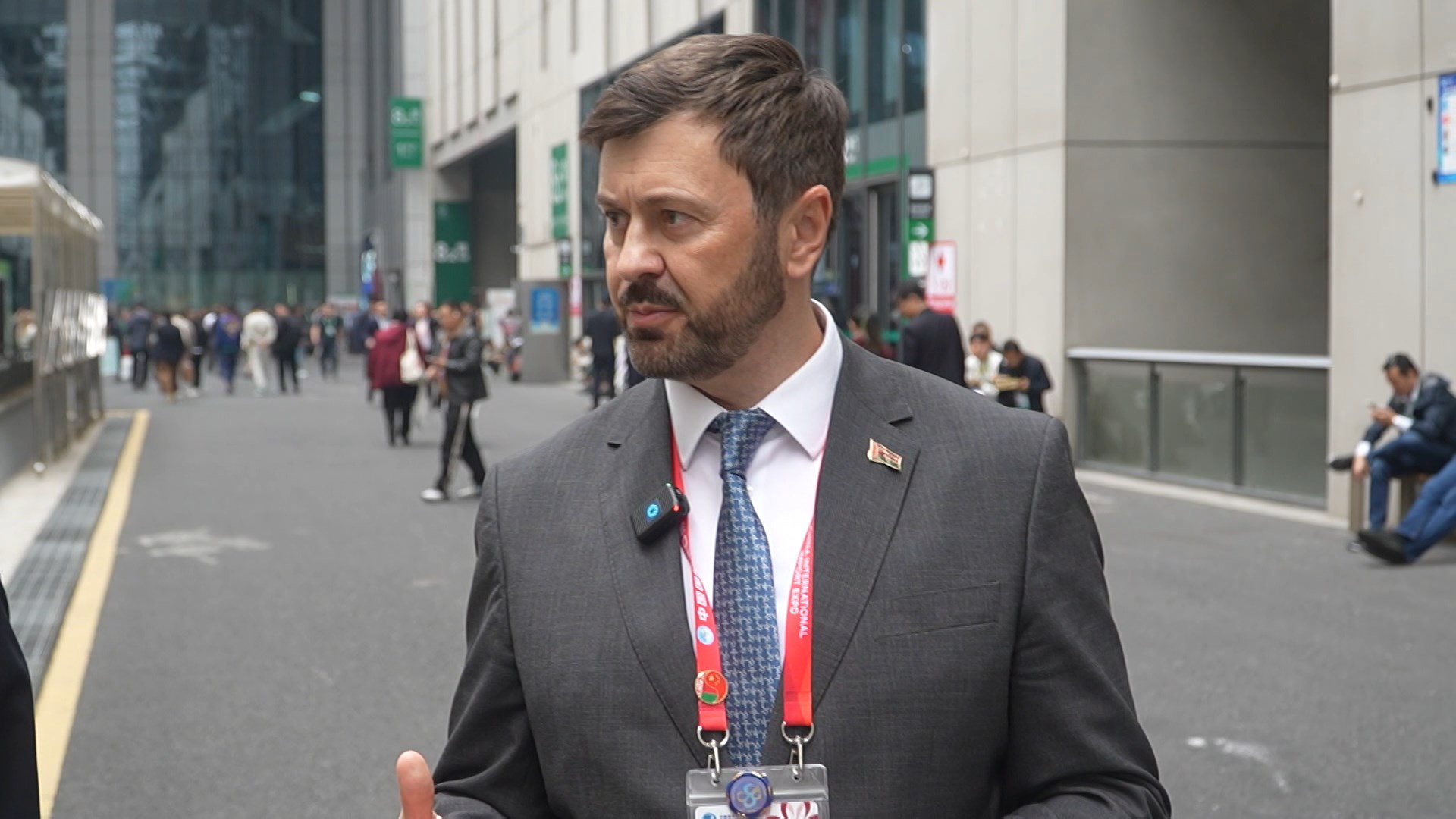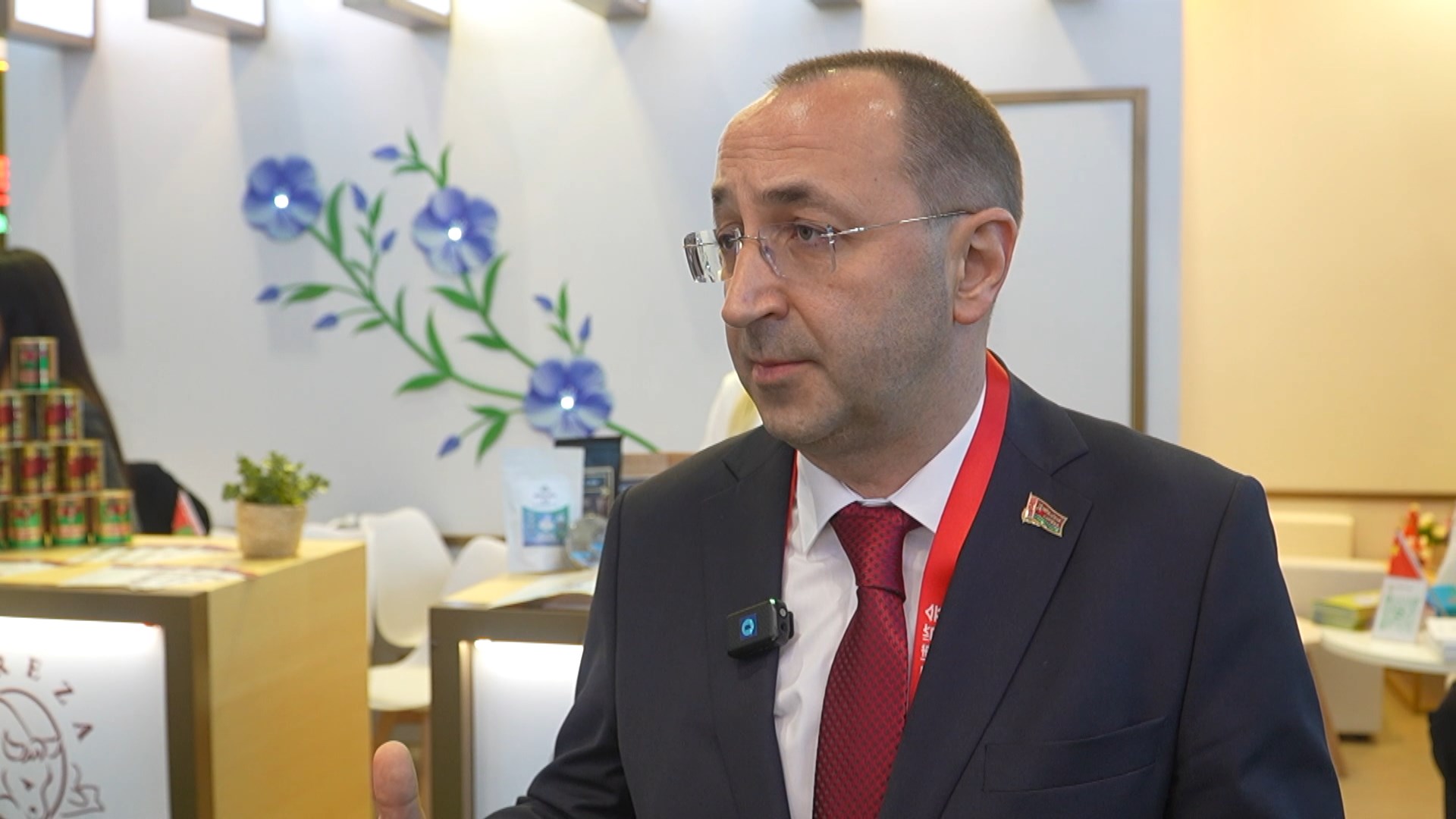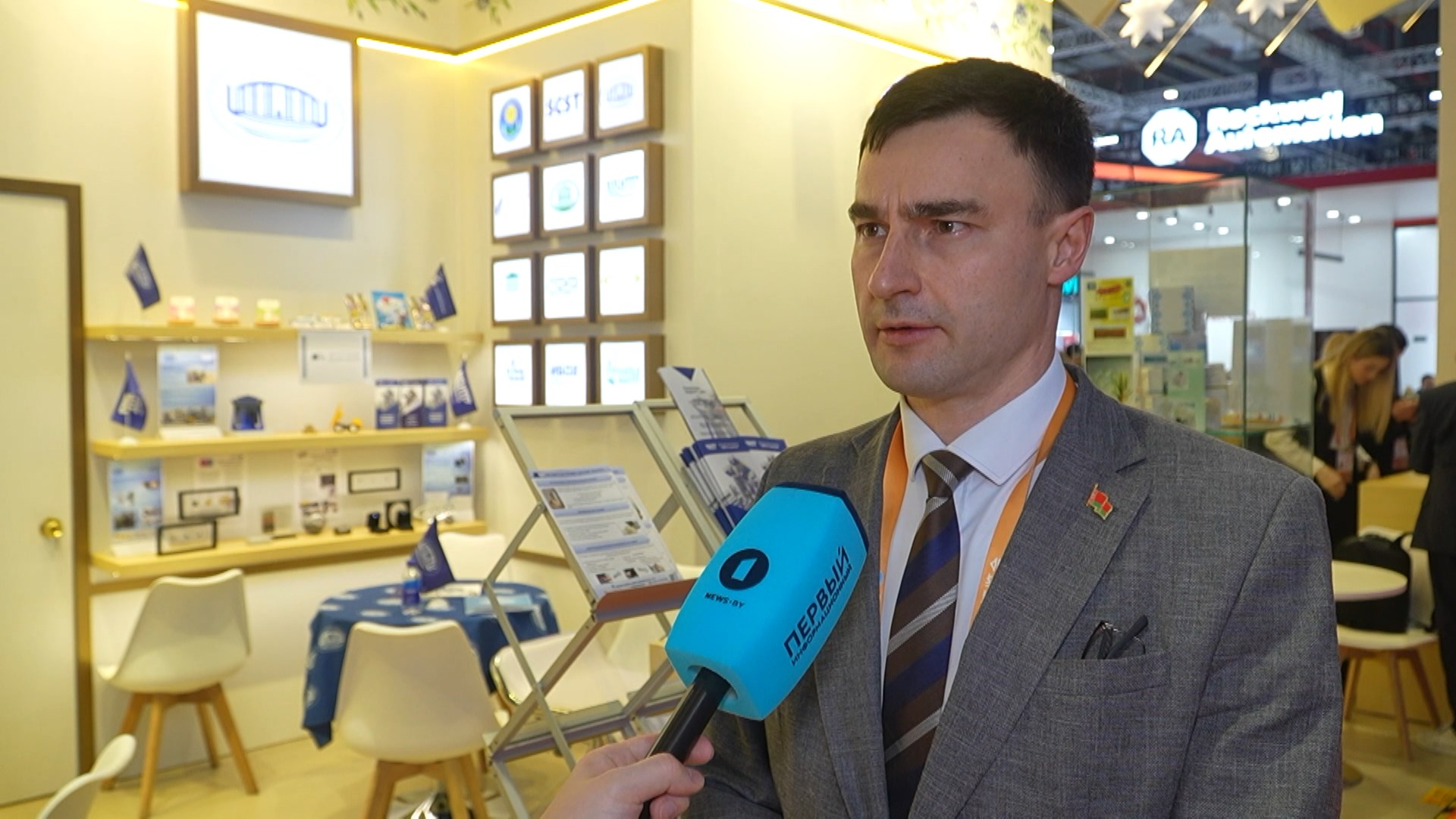3.68 BYN
2.98 BYN
3.42 BYN
Belarus Showcases Its Potential at 8th International Expo in Shanghai

The 8th International Import Expo continues in Shanghai. On November 6th, the Belarusian national pavilion was officially inaugurated. Each year, the pavilion is refreshed, and this time, the central motif and main theme revolve around flax, which can rightly be called Belarus’s gold. Throughout the exhibition days, the pavilion will serve as a platform to highlight the country’s economic, investment, and cultural potential.
Belarus’s national pavilion at the Import Expo in China has long been a magnet for visitors. While the concept evolves, the essence remains unchanged — to tell the story of Belarus as accessibly and engagingly as possible.
A longstanding Belarusian-Chinese partnership, now marked as “strategic,” makes Minsk a particularly anticipated participant at the Shanghai Expo.
Sergey Lukashevich, First Deputy Minister of Foreign Affairs of Belarus, remarked:
"This is a very good example of how we are taken seriously — not just through the sincere friendship between leaders, but as a country. The national display we present is also a symbol that Belarus does not only want to sell, which is quite logical given the nature of this exhibition. The country also wants to showcase itself and do so effectively. Belarus is not only about what can be eaten, drunk, or spread on bread. It is a nation attracting attention through its tourism potential and special advantageous conditions for Chinese businesses to operate here. Belarus is a country with whom cooperation is both possible and necessary."

And indeed, this message resonates with Chinese business circles. Evidence can be seen in the marathon of negotiations conducted by the Belarusian official delegation and company representatives during the expo. Take, for example, the pavilion dedicated to agricultural food products. Rumors in the corridors already speak of tangible results from these meetings.
The country’s prospects in the Chinese market are hinted at by the growing number of visitors eager to taste Belarusian cheeses, meats, and ice cream — and much more.
Alexander Yakovchits, Deputy Minister of Agriculture and Food of Belarus, explained:
"The Chinese market is extremely important for us in terms of scale, but we must take into account its specificities. Success here depends on long-term work, product adaptation, and passing the certification procedures within China’s single-window system. We already have 190 product positions approved, and we received this access just two days ago. We’ve also opened the export of Belarusian baby food to China. Currently, we are working on wheat, flakes, and bran. I hope that in the near future, we will gain access to these as well. Entering this market requires diligent daily effort."

Belarusian industrialists, scientific and technical organizations, and educational institutions are also presenting their potential. Belarusian scientists, engaged in innovations across diverse fields — from pharmaceuticals to raw material processing technologies — have brought their developments to Shanghai.
Alexey Yantsevich, Director of the Institute of Bioorganic Chemistry of the National Academy of Sciences of Belarus, stated:
"Of course, we didn’t bring all our developments. Here, representatives include several organizations, the Academy of Sciences, commercial companies, and state research institutions. We actively collaborate with Chinese scientists. We have several projects related to chemistry, pharmaceuticals, and materials science."

With all official ceremonies concluded, the focus now shifts to active and fruitful work. Until November 10th, the Belarusian pavilion in Shanghai will continue hosting presentations, negotiations, and the establishment of new contacts.















